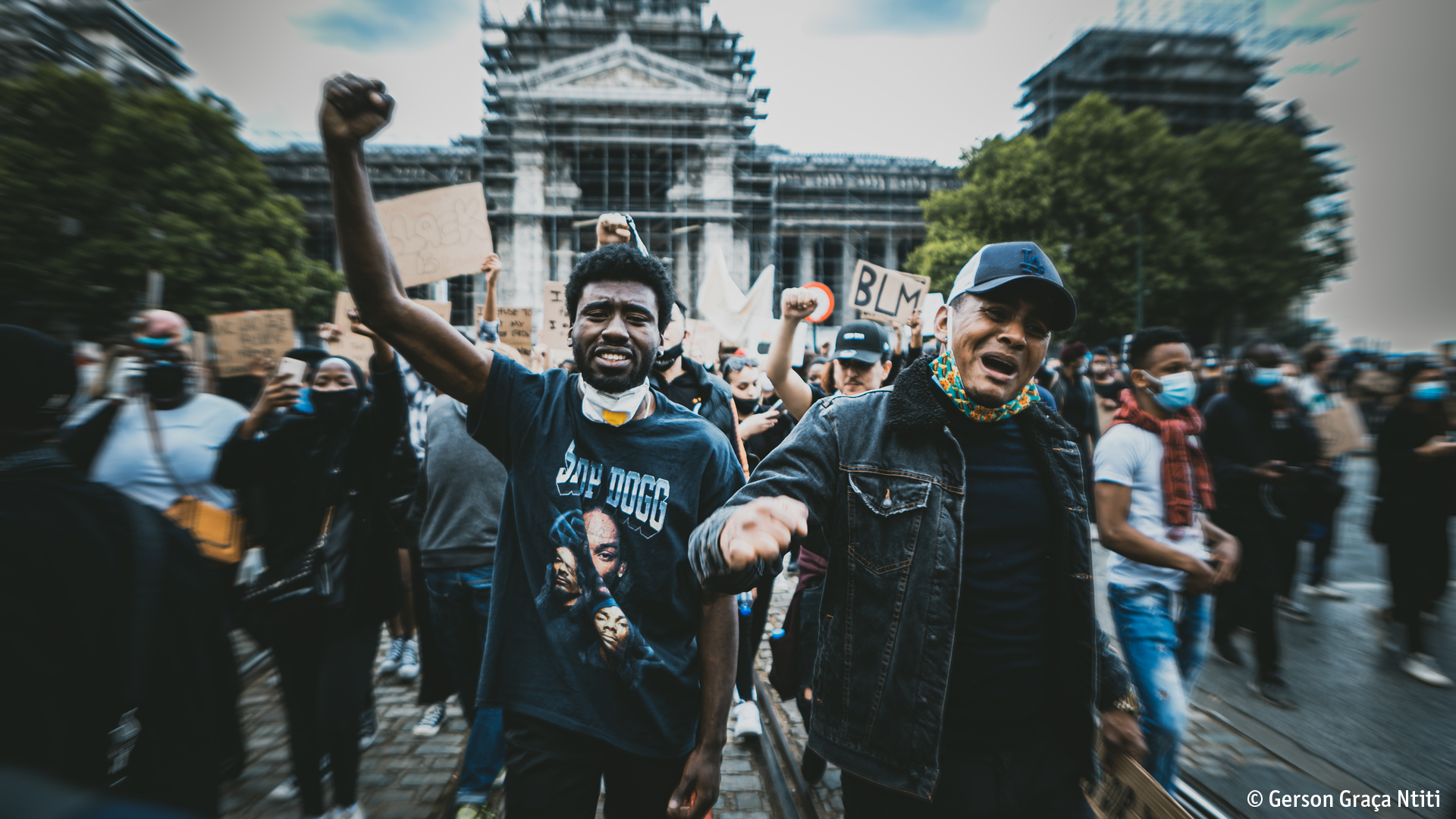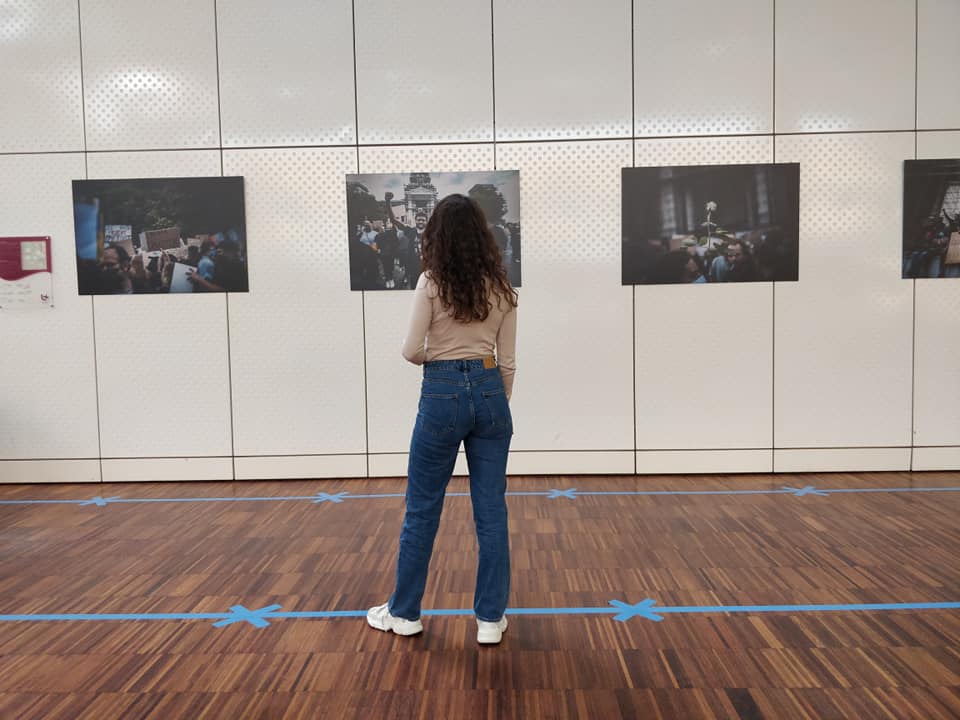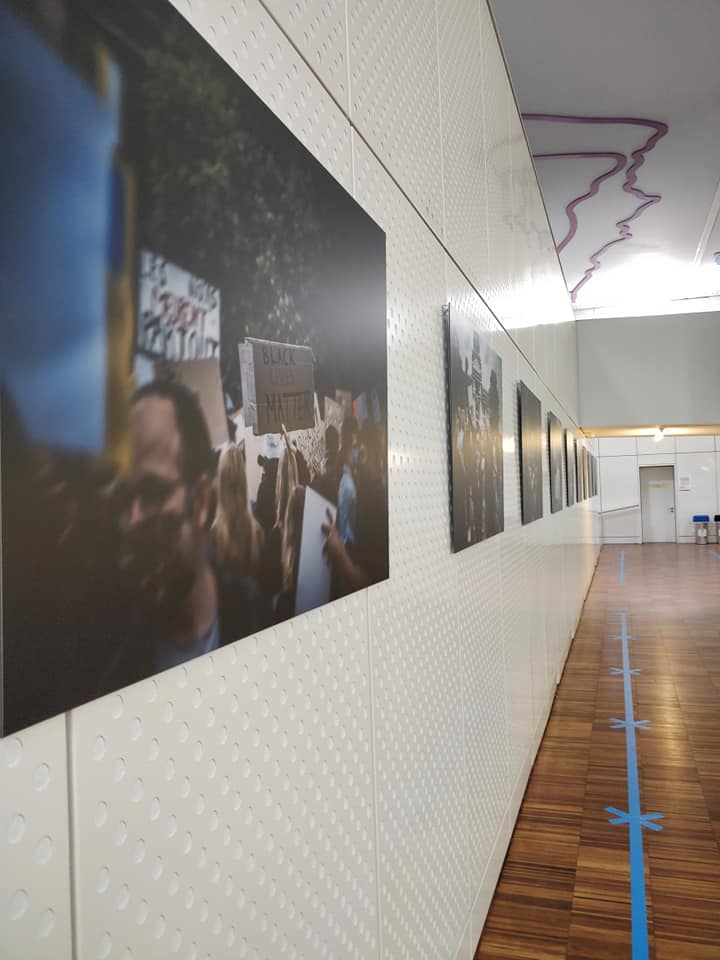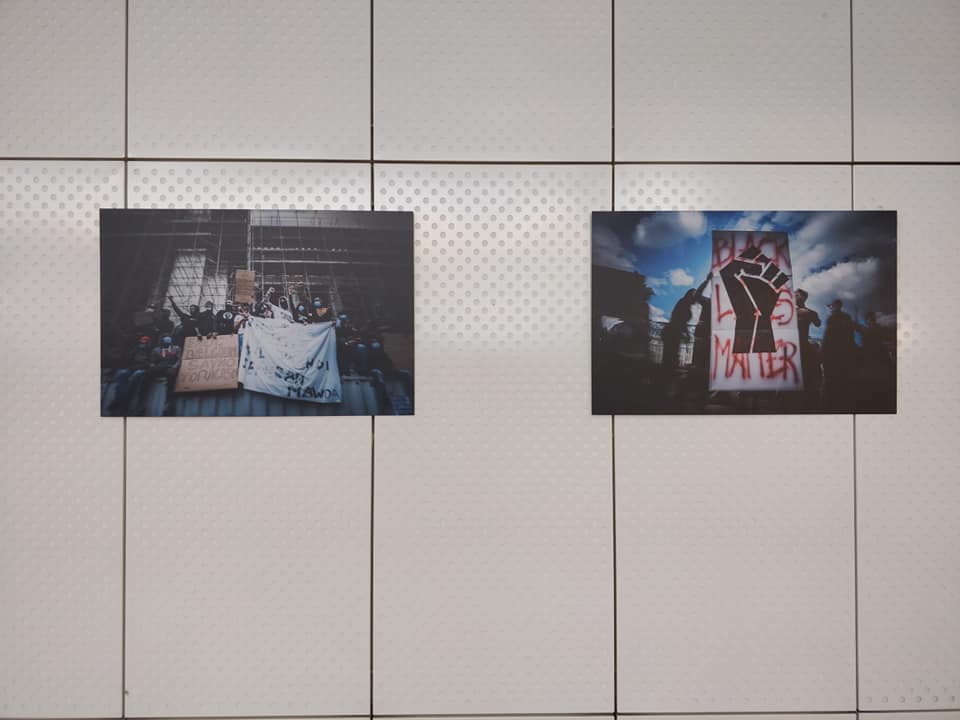In early June, our university launched an appeal to share experiences and suggestions with the aim of improving diversity, which was named ‘Black Lives Matter @ UAntwerp’. This resulted in a flurry of reactions and initiatives. But what has happened since then? Time for an update.
Anger and bewilderment. That’s what Iraida Lokasi and her friends felt most when they heard about the tragedy in Minneapolis. ‘How does something like this happen? Why is nobody doing anything about it? This was hardly the first case of police violence against a black person, and these things also happen in Belgium. But since these images were broadcast worldwide, there’s no getting around the issue anymore’, says Iraida, a teacher-training student and president of the African Youth Organization (AYO), a student association. Many AYO members attended protests in Brussels and Antwerp. Iraida: ‘There was a sense of dejection: why do we still need such protests in 2020?’
‘Flooded with reactions’
Our university also felt the need to react. ‘UAntwerp wants to be an inclusive place, where everyone feels at home and where there’s no place for racism or discrimination’, says Edith Piqueray from the Diversity Team. ‘When the Black Lives Matter movement crossed the Atlantic and took off here, we saw it as an opportunity, but we also wanted to take a clear stance. Hence our call on Facebook, later followed by a letter to all students and staff, and also to people outside the university.’
The Facebook post was shared 108 times and the Diversity Team was flooded with reactions. ‘At one point, we were really swamped. It was great to see that this topic resonated so strongly, but at the same time it meant that we still have a long way to go’, explains Sam Smit from the Diversity Team.
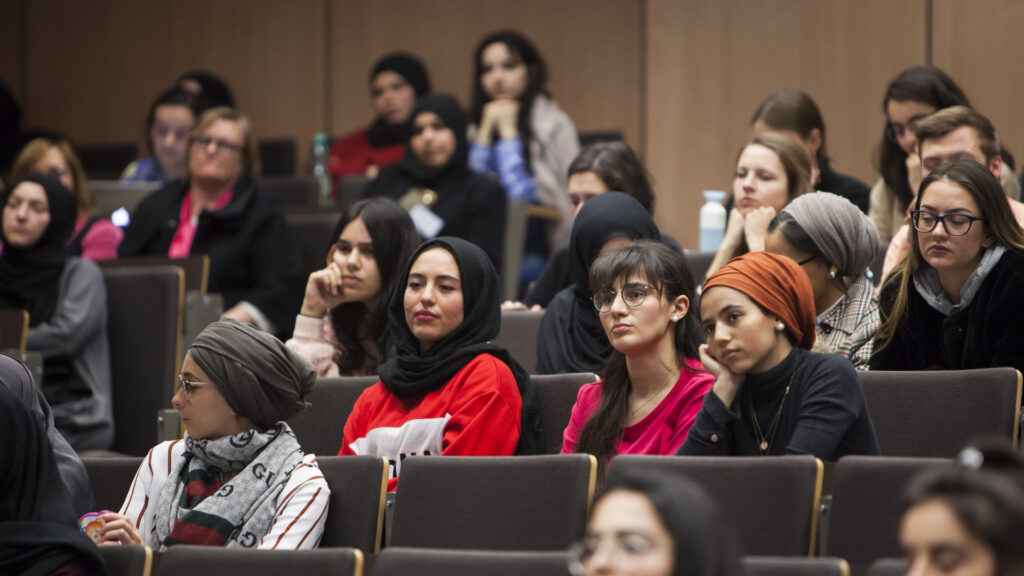
In the months that followed, many initiatives emerged. Sam: ‘For example, the Communication Sciences research group set up a working group to investigate how the university can communicate in a more diverse way. This led to a brainstorming session that included the Diversity Team and the Communications Department. Staff members of colour also participated.’ This has already given rise to some ideas, such as the intention to use our Facebook page to shine a light on various religious holidays, including not only Roman Catholic holidays, but also those of other religious communities.
Faculty of Arts: series of debates
Within the Faculty of Arts, too, people felt it was time to take action. ‘The realisation that we see similar police violence in Belgium, the protests popping up everywhere, the increasingly loud call for decolonisation: all of this really hit home,’ says PhD student Camille Bourgeus. ‘Among my fellow PhD students, I soon found 20 or so people who were willing to meet up and discuss this.’
A working group compiled a reading list of books on anti-racism that were not yet in our library. In addition, a series of debates on decolonisation at our university was proposed, and is now planned for next spring. ‘The first lecture will be about white privilege’, explains PhD student Melina Ghassemi Nejad. ‘The premise is that racism exists and that we need to do something about it: this is not up for debate. To show that police violence against black people is not limited to the United States, we will be showing the documentary ‘The Colour White’ by Dutch activist Sunny Bergman. In the second session, we will keep things closer to home with a panel discussion on Islamophobia and ethnic profiling in Antwerp.’
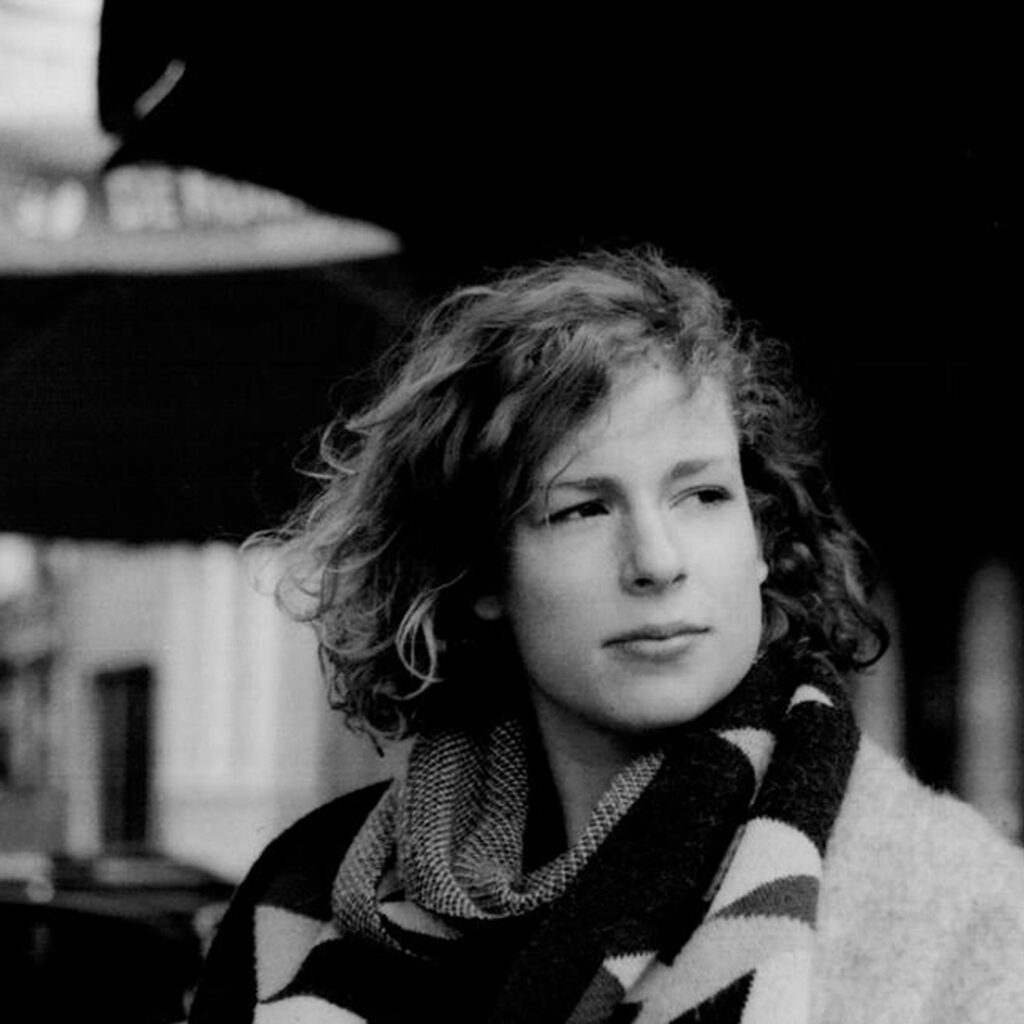
Camille Bourgeus 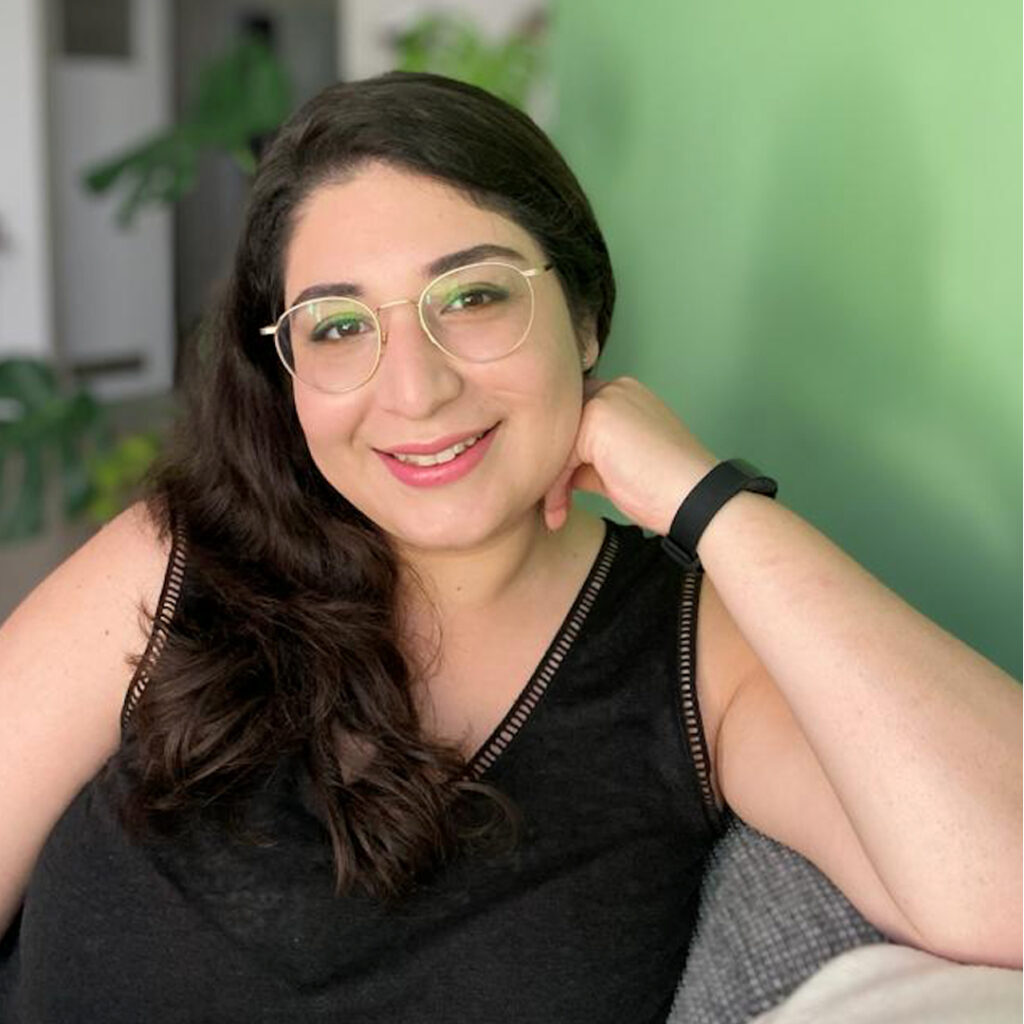
Melina Ghassemi Nejad 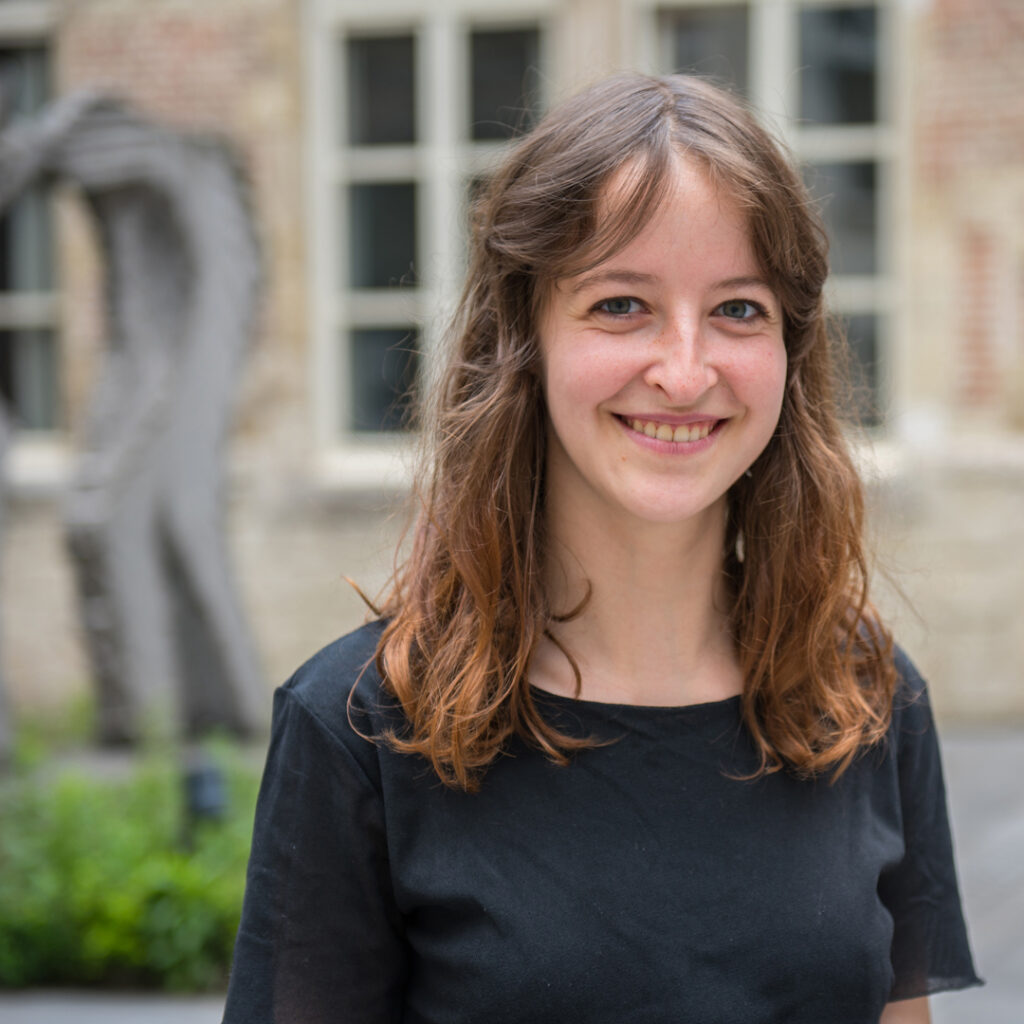
Rosa Lambert
After a lecture on the university and its colonial past, the current dominant vision on knowledge, and knowledge production, will be discussed in a webinar and a workshop. ‘Universities from the Global North are still considered the norm. That’s why we’re inviting scholars from the Global South to the webinar’, says PhD student Rosa Lambert.
What about complaints about racism?
Many took the appeal in June as a cue to share their experiences. Edith: ‘For instance, people noted that the n-word is still used in some coursebooks and lectures without any context or interpretation, which is obviously very offensive. There was also a student of colour who told us how a lecturer automatically assumed that Dutch was not her native language.’
The Diversity Team always discusses complaints with the individuals involved. But there is room for improvement in that regard as well, says Sam. ‘Many reactions to our appeal have revealed that people are still very reluctant to come forward with such complaints. We’re looking into what we can do about it: how can we make people feel heard, and how can the university respond more swiftly? One possible avenue is to establish a single point of contact for this type of complaint.’
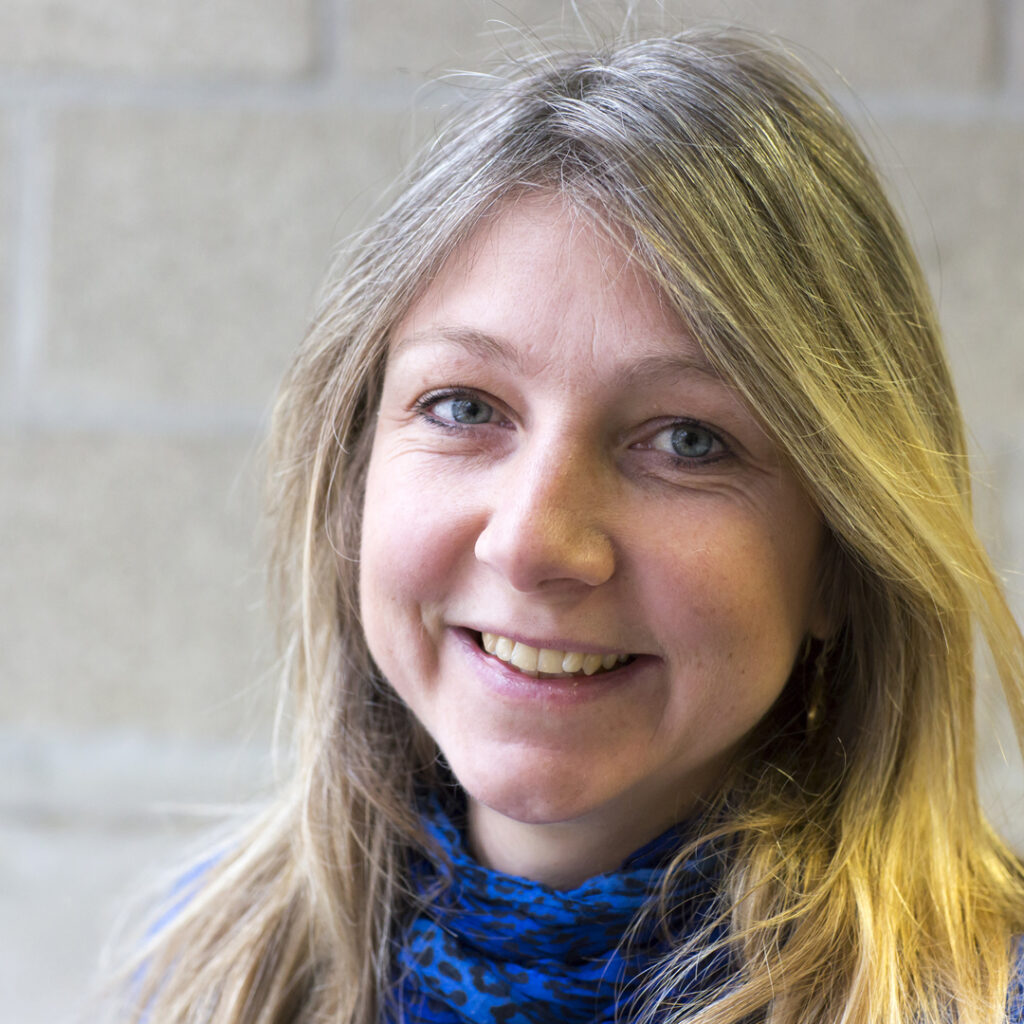
Edith Piqueray 
Sam Smit
Even better, of course, would be to prevent complaints. Edith: ‘Prejudice is often subconscious, and only human, but we need to work hard to increase awareness. That’s why in the short term, we’ll be organising a training course for lecturers on unconscious biases.’ In addition, intercultural communication training has been in place for some time. ‘These are all things that we do in cooperation with the faculties and other departments’, says Edith.
AYO engages in dialogue
AYO also asked its supporters about their experiences with racism at the university, and many reactions ensued. Iraida: ‘Some students reported lecturers using unfortunate phrasing, others felt personally disadvantaged. Fortunately, we have close ties with the university, so we took these complaints to the Diversity Team. Our leadership sat down and talked things through with them and with the rector. We also contacted the faculties involved. The response was always very positive. The university is happy to engage in dialogue with us.’
Iraida realises that change takes time. ‘Just think of the way decolonisation is taught. These lessons sometimes take a very one-sided view, and some history books need to be replaced. These things can’t be changed overnight, but we’re glad to see that the conversation is happening.’
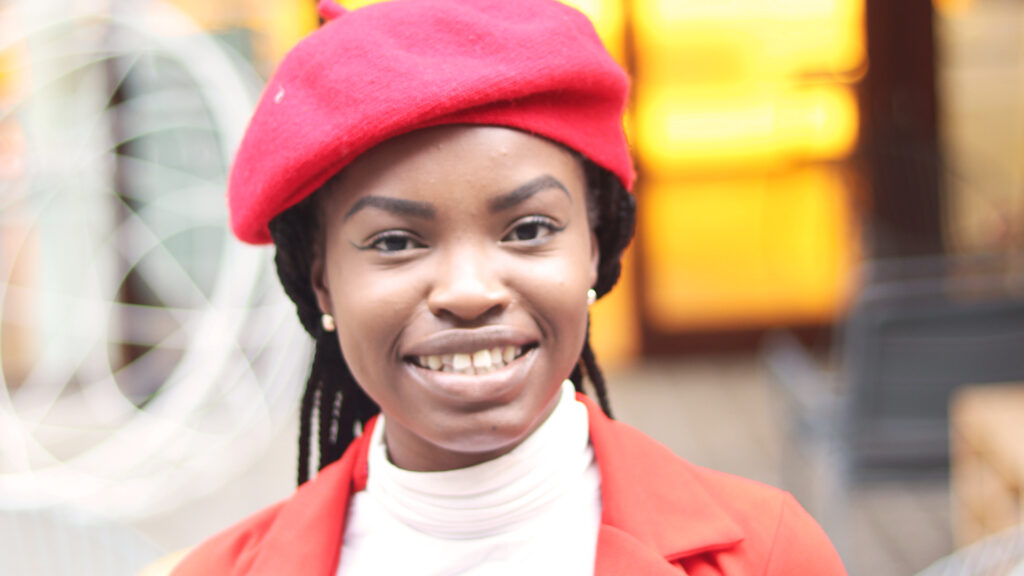
Did the negative experiences reported by members come as a surprise? Iraida: ‘Not really. We know that those situations still exist. But what’s positive is that students are now coming forward. The Black Lives Matter movement has really set things in motion: colleges and universities now realise that something has to be done.’
Together with Sara Elloukmani and Ariadne Driezen from the Department of Sociology and Rubi, the culture service, the student association organised a photo exhibition about the Black Lives Matter protests in Belgium. It was on display at De Meerminne this past autumn. The photos were taken by Gerson Graça Ntiti, a photography student at AP University College Antwerp.
Short-term and long-term actions
‘Our university has of course been paying attention to themes of anti-racism and decolonisation for some time now’, adds Edith. ‘There’s ‘Debating Development’, for instance, a series of lectures on decolonisation in relation to development themes. This was an initiative of the Institute for Development Policy (IOB) and the University Foundation for Development Cooperation (USOS).’
Edith and Sam realise that the work is never done. Sam: ‘We know that there are still structural problems within our university, which is why input from both students and lecturers is very useful.’ An often-cited concern following the call on Facebook was that there needs to be more diversity within the staff. Sam: ‘That’s not something that can be solved overnight. But it’s an important point in our Diversity Action Plan (DAP) for staff.’
Other things are easier to correct. For example, a point of annoyance was the fact that place of birth is mentioned on student cards. Students of international origin in particular are sometimes asked about that. ‘As of next academic year, that will be removed. And the demand for halal food in the Komida restaurants is also being looked into’, says Sam.
What is the role of the Diversity Team?
The responses to the call have also revealed that many people have no idea what our university is doing to promote diversity. And the role of the Diversity Team is not clear to everyone either. Sam is happy to explain: ‘We work mainly on policy, along two main axes at the moment: the Diversity Action Plan (DAP) for students and the DAP for staff. In addition, we follow up on with initiatives that have already been implemented. One of these is the ‘Tutoraat’, where students offer study support to pupils in secondary education who are at risk of dropping out, in order to lower the threshold to pursue higher education. In addition, there is ‘Mentoraat Plus’, a mentoring programme that offers students from disadvantaged groups extra support in their transition to higher education. Furthermore, we try to support faculties, departments and services as much as possible in order to make them more diverse and inclusive.’
Edith has been part of the Diversity Team since 2016 and is one of the coordinators of Mentoraat Plus. In addition, she mainly participates in professionalisation programmes for lecturers. Sam, who came on board in 2019, is mainly involved in outlining the DAP for staff and implementing the DAP for students. The team consists of eight employees.
Suggestions and comments are always welcome via diversiteit@uantwerpen.be. If you have any complaints about racism or discrimination as a staff member, you can report them via the usual reporting and support channels (link to Health & Safety Pintra page). Students can do so via Blackboard (link to Blackboard page on transgressive behaviour).
The debates on decolonisation held by PhD students from the Faculty of Arts will take place in the spring of 2021, on 16 February, 9 March, 30 March, 20 April and 11 May.
Review all webinars from the Debating Development series of USOS and IOB. The central theme this year was ‘Reflecting on decolonial perspectives’.
Want to read more about anti-racism? This link will point you in the right direction (info in Dutch).


